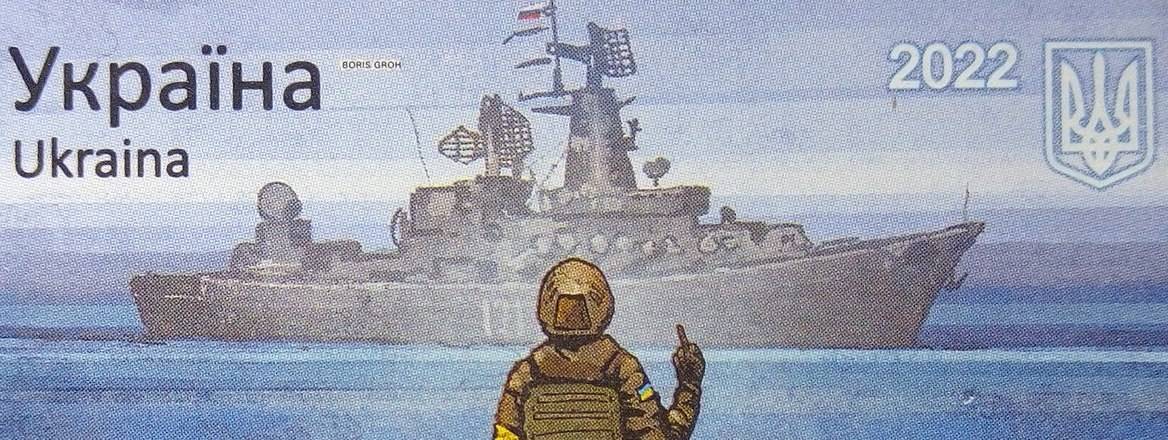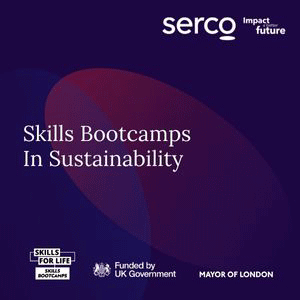RUSI
|
|
War of Narratives: Russia and Ukraine
As the war continues to dominate headlines around the world, what are the major narratives being fashioned by both Russia and Ukraine?

All wars generate narratives, stories that go beyond the statistics and allow nations to imagine and be imagined. For the ongoing war in Ukraine, words have been an essential part of self-identification, justification and defiance. Narratives are, after all, the manipulation and representation of connected events, and the fast-moving action of the current crisis means that narratives are being built, adjusted and even pulled down every day. This is helped by social media, where every narrative can be turned into a web of micro-narratives by users, offering the freedom of individual thought and interpretation.
But what of the big narratives? Both Russia and Ukraine have recognised the usefulness of words and images to forge their wartime identities on the world stage, but their marketing strategies could not be more different.
Russia: Old Narratives in a New World
Vladimir Putin has long tried to force himself into the hall of military fame. He is a self-fashioned disciple of his historical hero, Peter the Great, who drove the powerful Swedish Empire from central Ukraine in 1709. He is the heir of a bygone Soviet era, the resurrector of Byzantium, and the bringer of dherzava: the ambition of an independent, sovereign state. He has re-imposed the visual motif of the two-headed imperial eagle, with its heads gazing both east and west. But a key part of Putin’s celebration of the old is the necessity to make it modern. Some examples that blend old and new are the Russian military’s Tsarist-era dress costumes, refashioned by the now internationally unpopular designer Valentin Yudashkin. This is in addition to Putin’s carefully choreographed media appearances, through which he can rewrite historical narratives to create new histories. Perhaps the most candid blending of history, mythology and the military is encompassed in Russia’s unveiling of a new military ‘mega-church’, built two years before the conflict. Traditionally, militaries are separated from faith – yet this serves as a bold statement to legitimise the army through the historical structures of the Orthodox faith: it is another statement that legitimises Russia’s military actions as being aligned with God.
But despite this ever-present historical foundation legitimising Russia as a preserver of power, there are anomalies in the narrative, destabilising its aggressive identity. Although Putin may rant about spitting out ‘scum traitors’, he also paints a narrative of victimhood: he claims to be a protector from foreign aggressors, a liberator of forced-Ukrainian Russians, and a restorer of historically Russian land. Debates also rage both for and against the idea that Putin is motivated to restore a form of Soviet Union. These broken narratives create an unstable identity for Russia on the world stage, made only more ambiguous by the guarding of public relations behind the closed doors of the Kremlin. Whatever the narrative, however, one clear takeaway is that it is Russia against the world.
Ukraine: Founding a New Mythology
In defiance of Russia, Ukrainians have bolstered their own national identity, with one museum curator decrying the violence as being against the country’s very history and culture. Yet, rather than legitimising its identity through a history of violence, Ukraine has branded itself as a country of hope, front and centre on a modern stage. It has asserted its right to independently thrive through a new media-fuelled narrative that has paired militarism with the birth of modern mythology. Warrior legends are being born on the global airwaves: the soldiers who died protecting the ancient Snake Island; the mysterious Ghost of Kyiv – a heroic pilot who has reportedly shot down several Russian jets – and the most important legendary figure, the comedian-turned-president Volodymyr Zelensky, whose emotive selfie videos are all part of a public relations strategy of resilience and reassurance.
Zelensky’s use of streaming channels and social networks seems apt for a country that saw a post-1991 generation grow up with both independence and social media. With 61% of the population using smartphones, and Zelensky himself even stating that TikTokers could help end the war, Ukraine’s image as a free-thinking, creative country has only bolstered worldwide support. From his past career, it is clear that Zelensky has a way with words, knowing the importance of a soundbite. In his recent Grammys speech, he declared ‘our musicians wear body armour instead of tuxedoes’. He may be used to audiences, but his presence has inspired a number of young people to show the world how their lives have been affected by war, from teenage videographers showing ‘a day in the life’ in their bomb shelter, to death-metal singers turned soldiers giving interviews to Rolling Stone. Zelensky’s comedic past also appears to be infectious. Ukrainian Twitter continues to troll Russia, lately sharing an image of a teenager with a protest placard reading ‘we will rave on Putin’s grave’.
In fact, young peoples’ documenting of the war is just one part of a wider civil-military response. Reports state that around 100,000 Ukrainians have joined the Territorial Defence Forces, taking up firearms and constructing Molotov cocktails. The social media response goes alongside this physical resistance, with intellectual and creative resistance reaching far beyond Ukraine’s borders, feeding into important conversations about national resistance strategies on a global scale. Perhaps it is this fluid narrative of emotion, protest and humanity, from deep grief through to moments of energy and joy, that gives Ukraine its power.
But this is not without critique. One thing to consider about this showmanship is how much it masks the more sinister elements of Ukrainian militarism. From children wielding rifles and being encouraged to fight, to acknowledging the legitimate accusations of problems with neo-Nazism in the country, a question is posed as to how much the constructed narrative of progressive righteousness and humanity deflects from these issues. There is no clear-cut agenda of good and evil when it comes to war, as much as broad narratives take us in those directions. Russia may be the West’s ‘big bad’, but as time goes on there is sure to be some restructuring of narratives, providing more nuanced avenues of discussion that allow scrutiny on all sides. Currently, however, the global public are won over by Ukraine; the country’s collective soul is far more compelling on the international stage than Putin’s delusions of grandeur.
Original article link: https://rusi.org/explore-our-research/publications/commentary/war-narratives-russia-and-ukraine


